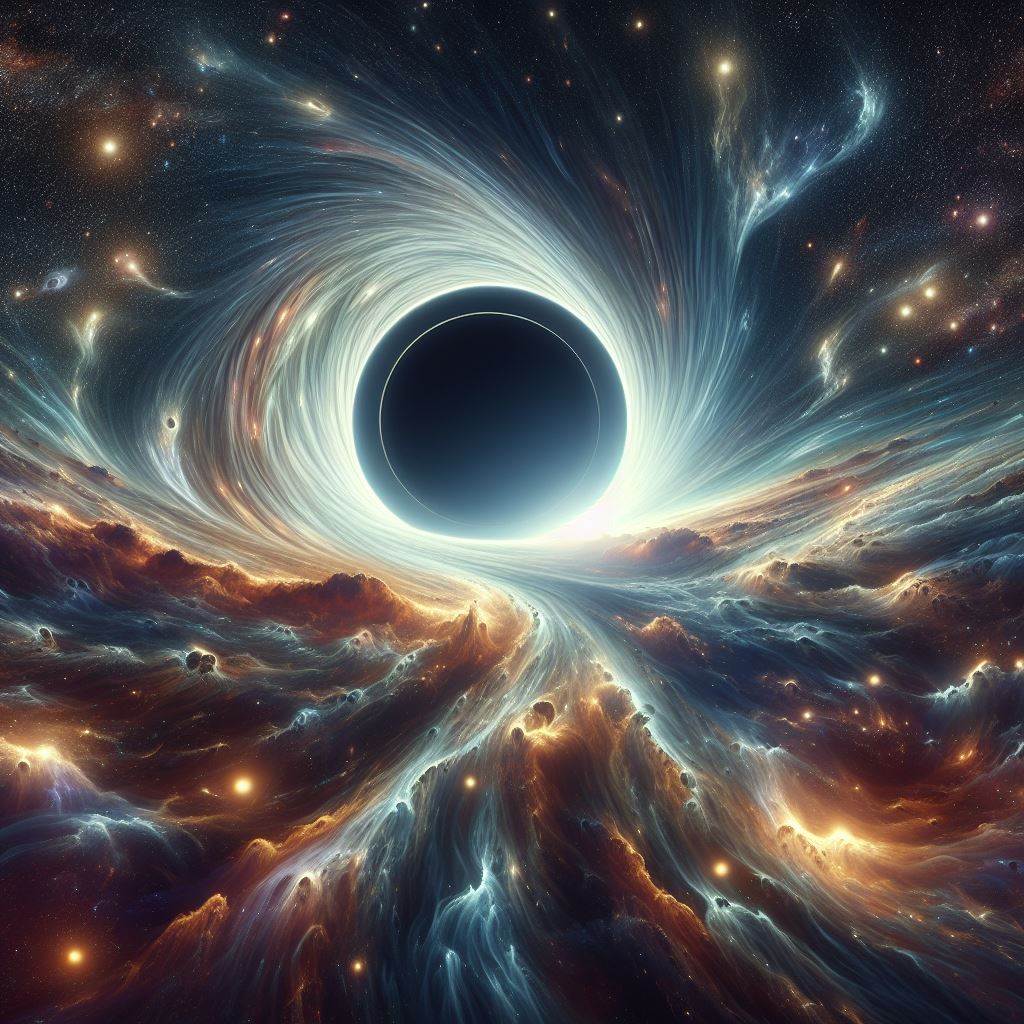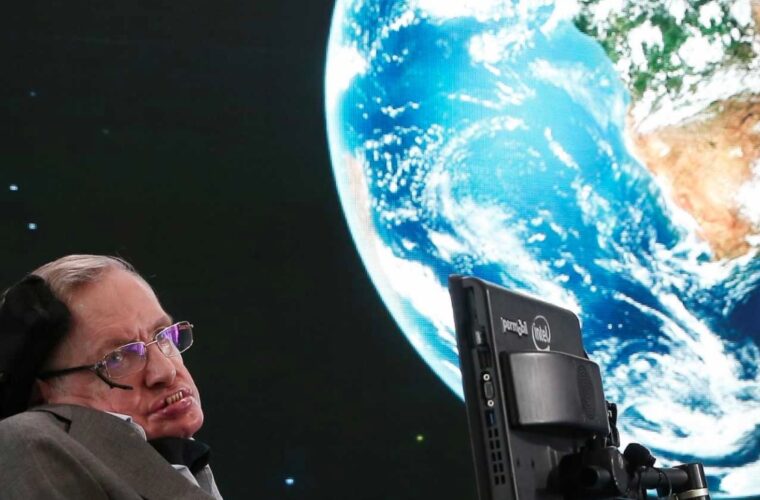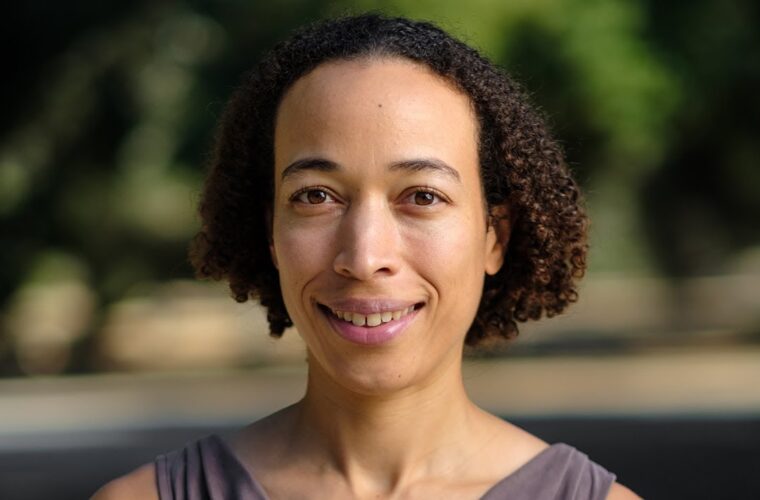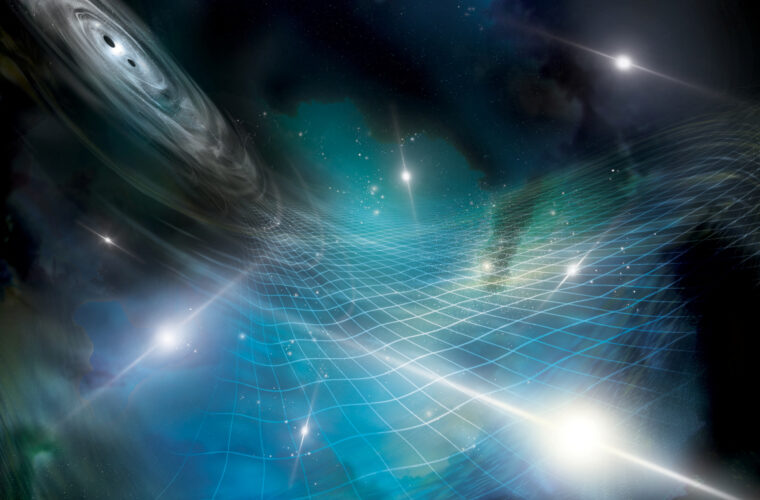What if the Universe is a living organism that reproduces through black holes? The American physicist Lee Smolin proposed the irreverent hypothesis. His theory sees the cosmos as a single organism of which human beings are only a part. But what if the approach is wrong? What if the secrets of the Universe lie in biology rather than physics? What if the cosmos is a living entity, a single organism, of which human beings are just a piece? In this scenario, galaxies, black holes, stars, quasars, nebulae, planets, humans, animals and whatever else would represent the cogs of a huge living being. The theses put forward by the American physicist do not seem so new: the Greek philosopher Anaxagoras already theorized that there was an organizing mind, the Nous, capable of erasing original chaos. And after him, Plato, the Stoics, Plotinus, and the followers of Neoplatonism supported the thesis.
The Universe
Over the past few days, the “Universe 7p” website has returned to the subject, re-proposing the topic of a Universe with a family of universe-children hidden beyond the horizon of black holes. On the online encyclopedia, Wikipedia, we read: ‘Cosmology and elementary particle theory are among his predominant interests along with quantum mechanics and theoretical biology’.
Turning to the Universe-body thesis, Smolin, born in 1955 in New York and one of the founders of the Perimeter Institute for Theoretical Physics, who has made notable contributions to the quantum theory of gravitation and loop quantum gravity, makes a premise: ‘the laws of nature are perfectly tuned so that the Universe can harbour life’. “Imagine,” Smolin adds, “what would happen if these rules changed even slightly: the Universe would no longer be so hospitable. It remains a mystery, according to Smalin, why ‘the Universe is so hospitable to biology’. In the opinion of many, this proves that there cannot not be a creator who conceived the cosmos and built it to be suitable for human life.

Universe’s ancestors
For Smolin, the answer lies in the theory of evolution, in biology, therefore, and not in physics or religion. “Natural selection explains how intricate structures of life develop progressively,” said Smalin. “Could the Universe have had ancestors? Maybe so,” Smalin continued. “As it evolved, there may have been random variations of the laws and eventually a selection of them, favoring those that introduced the most complex structures,” suggested Salin. ‘Cosmological natural selection is the best answer I have found so far,’ the expert added. But for this theory to hold, it is necessary to presuppose a mechanism whereby the Universe reproduces itself and undergoes a mutation analogous to the transmission of DNA. Black holes are, according to the researcher, where this happens.
Cosmology
In practice, the Universe is the sprout of an ever-growing cosmic tree. “In the cosmos, it works like in biology: there is a population of universes that generate offspring through black holes,” Smalin surmised. “For a black hole to form, you need a very large star; you also need huge clouds of cold gas and dust so that these substances turn into carbon monoxide,” Smalin said. ‘So,’ the scientist continued, ‘both carbon and oxygen, the two atoms essential for the formation of life, are needed.
“These two elements are present in the Universe on a massive scale; therefore, the explanation for why the cosmos harbours life is nothing more than a side effect of its own fertility in terms of reproduction,” Smalin pointed out. The laws of physics serve, then, to keep the cosmos ‘fertile’, which, as a fully living organism, could also manifest itself in other places, albeit on scales of magnitude undetectable by human beings. About the possibility of a higher entity behind the creation of the Universe, Smalin does not hide his scepticism: ‘All we have,’ Smalin emphasized, ‘as a natural law, is a world that has built itself. “It is a thesis, not a certainty; anyone can adjust according to his or her own beliefs,” he concluded.



